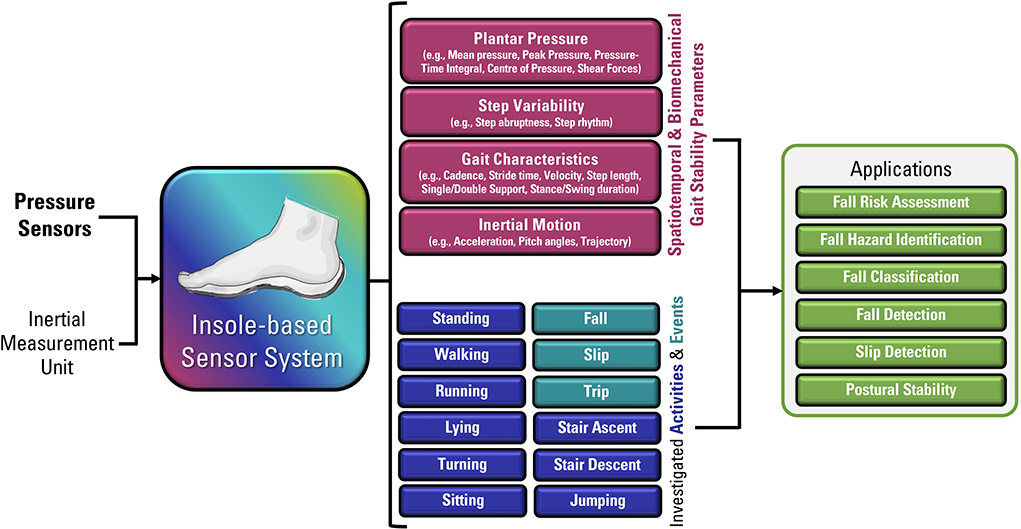The smart Trick of Dementia Fall Risk That Nobody is Discussing
The smart Trick of Dementia Fall Risk That Nobody is Discussing
Blog Article
Things about Dementia Fall Risk
Table of ContentsThe Only Guide to Dementia Fall RiskExcitement About Dementia Fall RiskWhat Does Dementia Fall Risk Mean?How Dementia Fall Risk can Save You Time, Stress, and Money.The Single Strategy To Use For Dementia Fall Risk
However, based upon signs and signs, such as evidence of head injury or a brand-new focal neurologic deficit, computed tomography or MRI of the brain might be shown - Dementia Fall Risk. An analysis for causes of syncope should be carried out just if there is solid uncertainty, as when it comes to reoccurring, unusual drops
Doctor make use of a fall threat evaluation to recognize your danger aspects for dropping and make practical referrals. Some individuals try to reduce their loss danger by restricting their task or striving to be extra careful. Yet these well-intentioned actions aren't sufficient. A fall danger assessment is essential since understanding which factors raise your possibilities of dropping helps you: Decrease your risk of dropping or harming yourself.
All adults 65 years and older should have an initial loss danger testing. Have actually dropped in the previous year. Worry about falling.
Dementia Fall Risk for Beginners

, and goals particularly tailored to individuals who are at threat for falls. A is specified as an event that results in an individual coming to rest accidentally on the ground or flooring or other lower level (THAT, 2021).
According to the Centers for Illness Control and Prevention (CDC),, causing over 34,000 fatalities for that age team. Dropping is the 2nd leading reason of fatality from unintended injuries around the world. Death from falls is a serious and native to the island problem among older individuals. It is approximated that autumn death rates in the U.S

Annually, over 800,000 people are hospitalized as a result of falls. Registered nurses play a major function in stopping falls for their individuals via education and learning, examining loss risk, producing much safer settings, and giving interventions in avoiding injuries from drops. Numerous risk factors and conditions add to falls, consisting of the following:. Aged 65 years and older; reduced arm or leg prosthesis; use assistive devices such as pedestrian, crane, and wheelchair; living alone.
Client will certainly demonstrate selective avoidance measures. Individual and caretakers will certainly carry out methods to boost security and prevent drops in the home. Loss are because of several factors, and an all natural strategy to the specific and atmosphere is very important. Suppose an individual is considered at high threat for drops after the screening.
Getting The Dementia Fall Risk To Work
A calls for utilizing a validated device that scientists have taken a look at to be useful in naming the sources of falls in an individual. As an individual's health and scenarios change, review is required. The degree of fall risk can be determined making use of the analysis of inherent and external variables. Requirement analysis tools can additionally be used (discussed hop over to these guys below).
Individuals are a lot more most likely to fall once more if they have actually sustained several drops in the previous 6 months. The older populace is at enhanced risk of fall-related readmissions based upon a research recognizing the variables anticipating of repeat drops associated outcomes (Prabhakaran et al., 2020). Persons with impaired recognition and disorientation might not recognize where they are or what to do to aid themselves.
In addition, complication and impaired judgment enhance the client's chance of falling. The ability of individuals to shield themselves from drops is influenced by such factors as age and development. Older individuals with weak muscles are most likely to drop than those who maintain muscular tissue toughness, flexibility, and endurance. These adjustments include minimized visual function, damaged color understanding, change in center of mass, unsteady stride, decreased muscular tissue toughness, reduced endurance, modified depth assumption, and delayed reaction and response times.
Dementia Fall Risk Fundamentals Explained
Less contrast sensitivity was quite connected with both raised rates of falls and various other injuries, while reduced visual skill was only related to increased loss rate (Timber et al., 2011). Sensory understanding of environmental stimulations is vital to safety. Vision and listening to impairment limitation the individual's capability to regard risks in the environments.
Older grownups that have poor balance or trouble walking are more probable to drop. These troubles might be connected with lack of exercise or a neurological reason, joint inflammation, or various other medical conditions and therapies. An important risk factor highlighted in a study is that adults with rheumatoid arthritis are at high threat of falls, including inflamed and tender lower extremity joints, fatigue, and use psychotropic medications (Stanmore et al., 2013).
Report this page